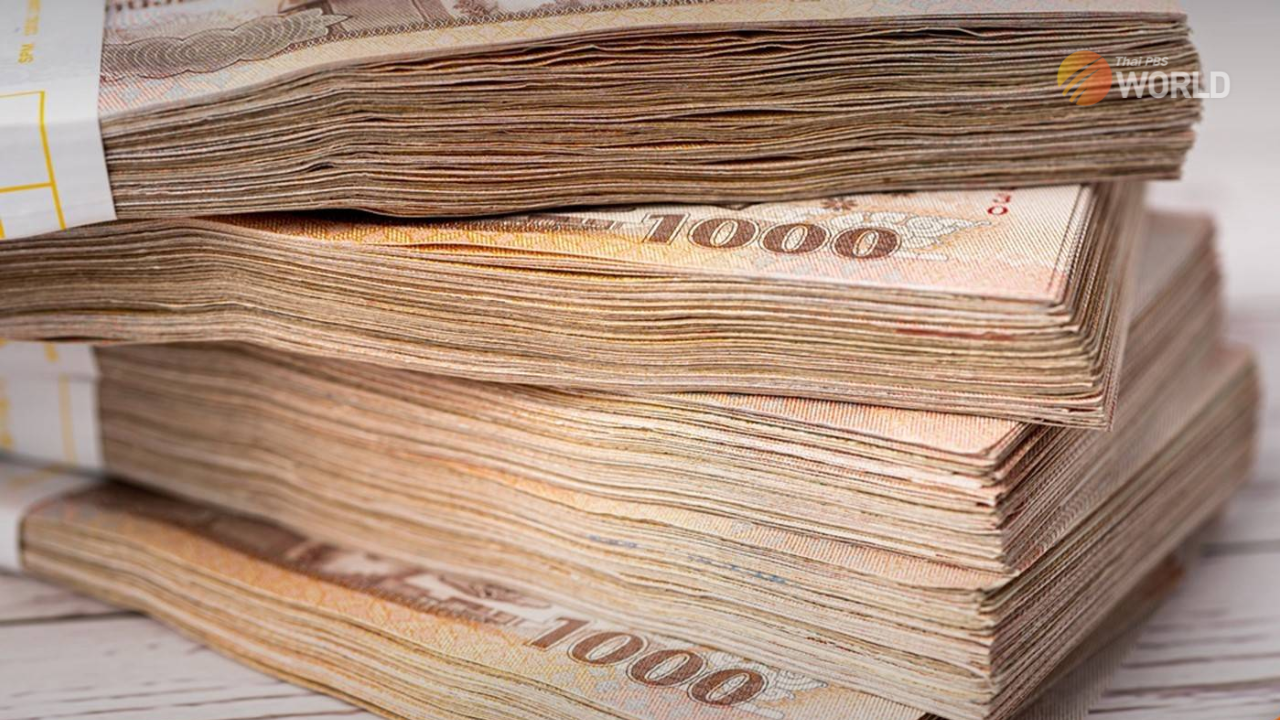Thailand’s 2023 inflation forecast to be 1-2%, the lowest in ASEAN

Thailand’s inflation rate is the lowest among the seven ASEAN countries which have already announced their rates, with inflation for the whole year expected to range between 1% and 2%, according to Poonpong Naiyanapakorn, director of the Commerce Ministry’s Trade Policy and Strategy Office.
Based on information from June, he said Thailand’s low inflation rate is in line with global inflation, which is steadily falling, and is the lowest compared to Laos, the Philippines, Singapore, Indonesia, Malaysia and Vietnam.
The consumer price index for July is equivalent to 107.82, compared to 107.41 for the same period last year, resulting in a rate increase of only 0.38% year on year. The low inflation rate is attributable to a drop in food prices, such as pork, which has continued for three consecutive months, and energy prices falling for five months in a row, compared to the same period last year.
Prices of food and non-alcoholic drinks for July rose an average of 1.49% year on year. The prices of farm products, such as eggs, rambutan, vegetables, lime, ginger and tomato, however, remain high due to low yields caused by climatic changes.
The prices of non-food products, such as electrical appliances, garments, TVs, washing machines, cell phones, hygienic face masks etc., dropped by 0.38% year on year. In the meantime, power charges, cooking gas prices, public transport fares and personal services, such as hair cutting and hair dressing, for July increased compared to the same period last year.
Poonpong said that the basic inflation rate, excluding fresh food and energy, rose 0.86% year on year and this has been continuing since the beginning of this year. The inflation rate for the first seven months of this year rose 2.19% from the same period last year, which is within the range set by the Fiscal Policy Office.
The consumer price index for July dropped 0.01% from the previous month, in line with the price drop in food and non-alcoholic drinks. The prices of non-good products, however, increase by 0.42% month on month.
The consumer confidence index for July dropped to 53.3 from 56.1 in June, representing a continuing fall for eight consecutive months, due to political uncertainties and the increased prices of benzine and gasohol.
He said, however, that Thai people in general still have confidence in the strength of the Thai economy, thanks to the continuing economic and tourism recovery.






